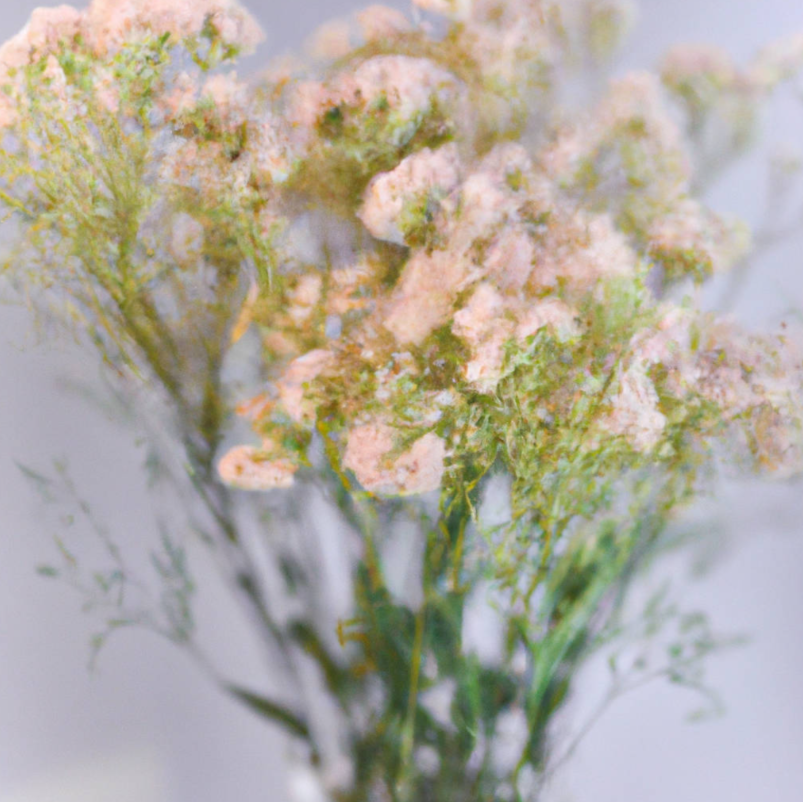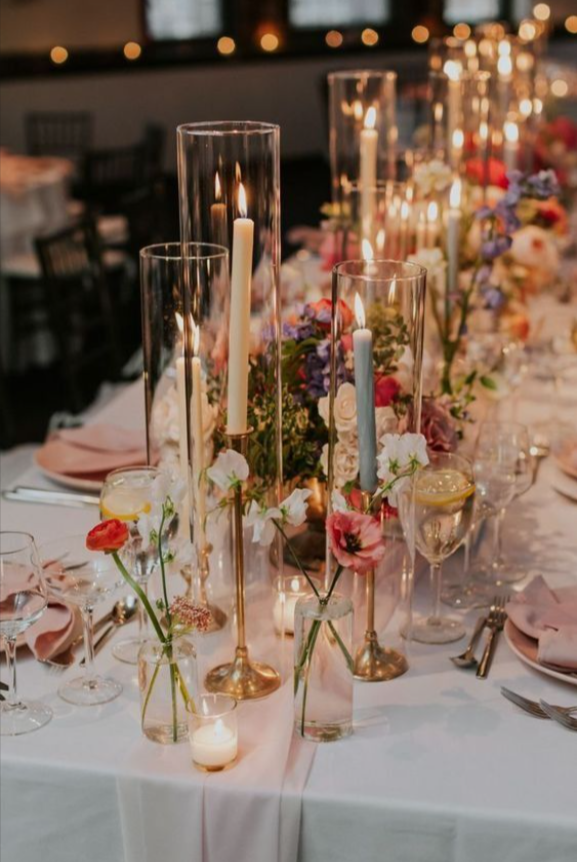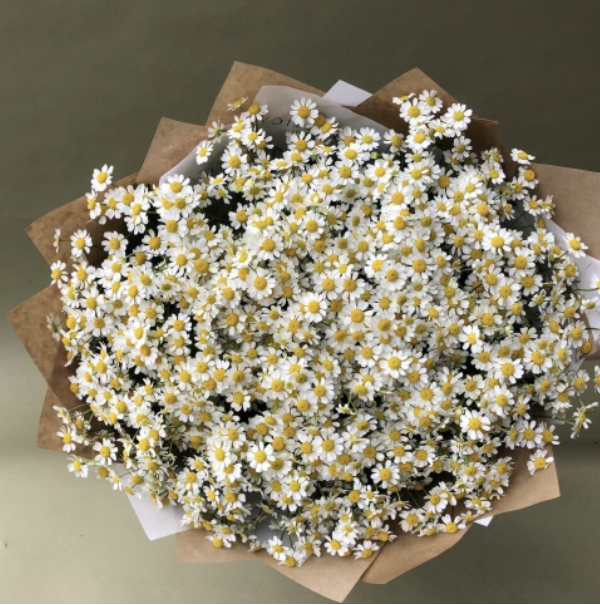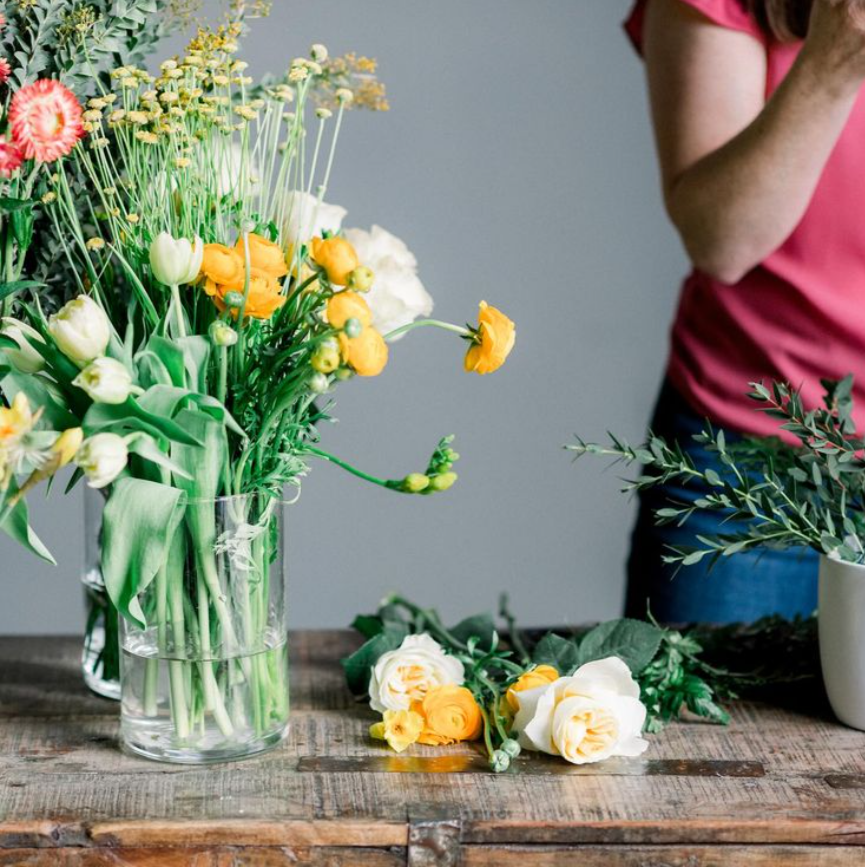Flower etiquette refers to the cultural norms and courtesies associated with giving and receiving flowers. The practice of gifting flowers is a universal act of kindness, love, and respect. However, the type, color, number, and the methods used to present flowers can hold different meanings in various cultures and social contexts. For instance, red roses are often associated with romantic love in many cultures, while white flowers can symbolize purity, innocence, or, in some cases, sympathy and mourning. The number of flowers in a bouquet can also convey specific messages. In some cultures, even numbers are considered appropriate for funerals, while odd numbers are preferred for joyous occasions. The way one hands over a bouquet or where one places it can also be significant. Understanding and respecting these nuances can enhance the experience of gifting and receiving flowers, making it more meaningful and impactful. Thus, flower etiquette is an essential part of our social interactions, helping us express our feelings and intentions adequately and respectfully. It’s not a rigid set of rules but rather a guide to help us navigate the intricate language of flowers and make our acts of gifting more thoughtful and considerate.
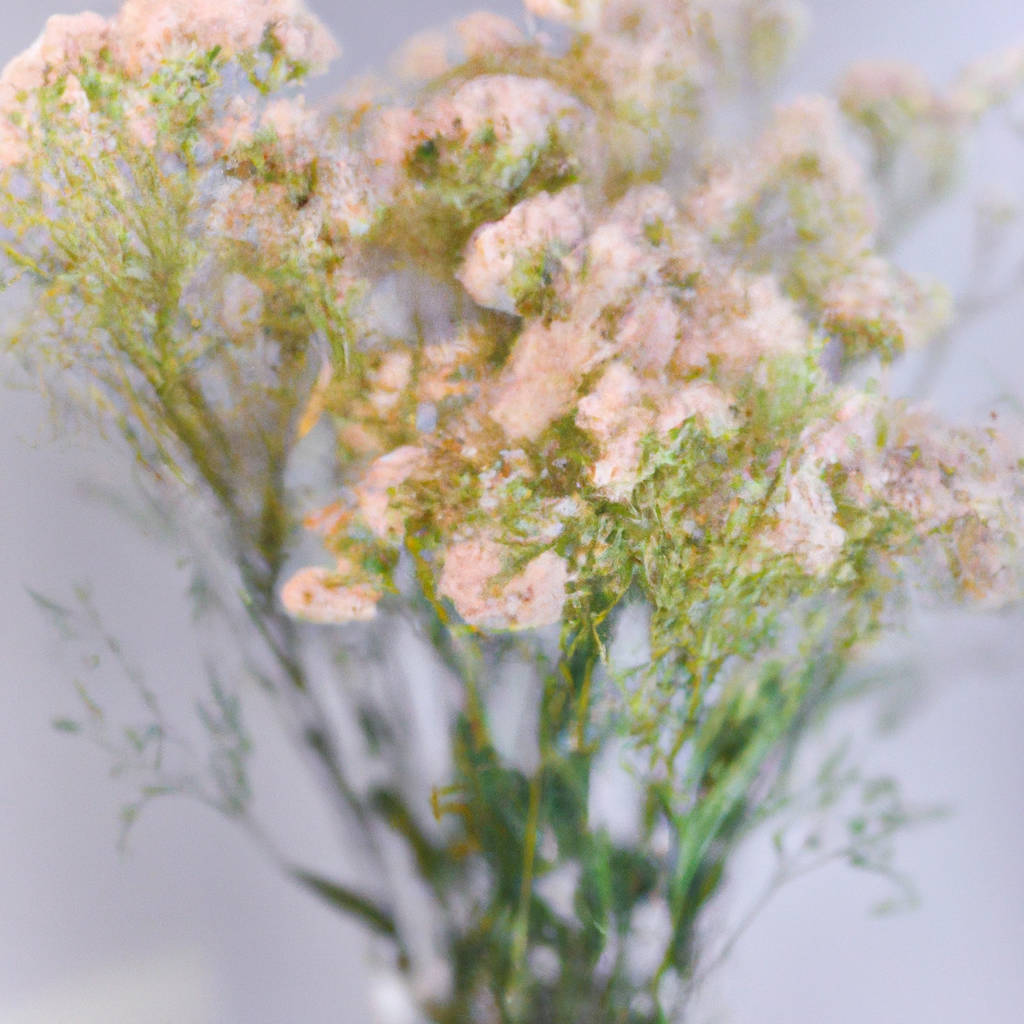
What flowers to give for a first date
Choosing the perfect flowers for a first date can seem like an intimidating task, given the wide array of options available. However, with a little thoughtful consideration, you can select a bouquet that will definitely make a significant impression. Traditionally, roses, especially red ones, are often the go-to choice for many as they symbolize love and passion. However, pink roses can be ideal for a first date as they represent admiration and appreciation. Tulips, with their elegant and straightforward appearance, are another great choice. They are often associated with perfect love, making them an ideal way to show your interest without being too overbearing. Sunflowers are also an excellent option, as they signify warmth, happiness, and adoration. They can instantly brighten up the day and are perfect if you want to keep things light and cheerful. Orchids, known for their exotic beauty, can be a sophisticated choice, signifying strength, love, and luxury. Choosing a flower that corresponds to your date’s favorite color or personal preference can also add a personalized touch, demonstrating that you have paid attention to their likes and dislikes. Moreover, the scent of the flowers plays a subtle but crucial role in creating a memorable experience. The fragrance of lilies, for instance, is gentle and captivating, leaving a lasting impression. Always remember to present your flowers in a graceful manner, ideally in a simple yet elegant bouquet. This not only enhances the beauty of the flowers but also makes them easier to carry around. The key to selecting the perfect flowers for a first date is to consider your date’s personality, preferences, and the message you wish to convey. This thoughtful gesture will surely add a touch of romance and make your date feel special.
What flowers to give for a birthday
Choosing flowers for a birthday gift can be a delightful process once you understand the unique meanings and associations of different blooms. The month in which the birthday falls can guide your selection, as each month has a corresponding flower, similar to birthstones. For instance, January birthdays are associated with the carnation, symbolizing admiration and love, while August birthdays are linked to the gladiolus, signifying strength and integrity. Roses are a classic choice, with various colors conveying different emotions – red for love, yellow for friendship, and pink for admiration. The lily, with its regal appearance and intoxicating fragrance, is another popular choice for a birthday bouquet, symbolizing humility and devotion. Orchids, on the other hand, symbolize luxury, beauty, and strength, making them a perfect gift for someone who appreciates exotic beauty. If the person is a fan of gardening, a pot of blooming daisies or sunflowers might be appreciated as these flowers represent cheerfulness and loyalty. Alternatively, consider the personal preferences of the individual in question. Some people may have a specific flower they adore, or they might appreciate a bouquet of mixed flowers that include a variety of colors and scents. If you’re still unsure, the florist can often provide recommendations based on the recipient’s age, personality, or aesthetic preferences. Remember, the presentation can be just as important as the flowers themselves. A beautifully arranged bouquet or a tastefully potted plant can add an extra touch of thoughtfulness to your floral gift. In the end, the best flower to give for a birthday is one that reflects the unique qualities of the birthday person, showing them that you truly know and appreciate them.
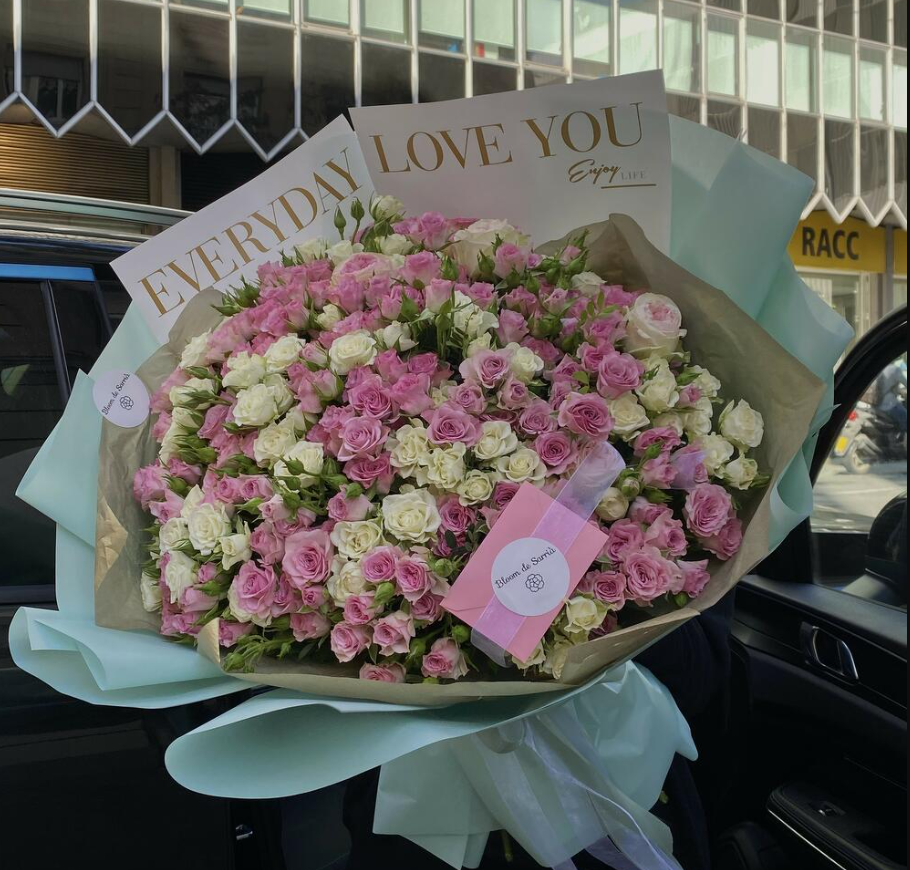
What flowers to give for a wedding
When deciding on which flowers to give for a wedding, it is essential to consider the couple’s preferences, the theme of the wedding, and the symbolism behind each flower. Traditional choices often gravitate towards roses, which are universally recognized as symbols of love and passion. However, peonies, with their lush, full blossoms, represent a happy marriage, prosperity, and good fortune, making them a fitting choice as well. Lilies, specifically calla lilies, are often associated with purity and innocence, echoing the traditional white wedding dress. For a more rustic or bohemian vibe, consider wildflowers like daisies, lavender or sunflowers. These flowers evoke a sense of carefree joy and natural beauty. Tulips, which represent happy years and endless love, are a charming option for a spring wedding while orchids, which symbolize beauty and strength, make a stunning and unique statement in any season.
The color of the flowers can also communicate different messages. For example, red implies love and respect, pink symbolizes happiness and grace, while white denotes purity and innocence. On the other hand, the choice of flowers should also take into consideration the cultural background of the couple. For instance, in Chinese culture, red roses are seen as a symbol of prosperity and luck.
Lastly, it is crucial to consider the practicality of the chosen flowers. Some flowers, like hydrangeas, wilt quickly in hot weather, while others, such as baby’s breath, are hardy and can withstand various conditions. The longevity of the flowers could also impact the overall appearance of the wedding venue, particularly if the ceremony and reception are held in the same location.
In conclusion, the choice of flowers to give for a wedding is a thoughtful process that considers the couple’s tastes, the meaning behind each flower type, the wedding theme, and practical factors. It’s not just about the aesthetics, but also about the sentiment and symbolism that the flowers carry.
Subtleties in the choice of flowers for a gift
Choosing flowers for a gift involves more than simply selecting the recipient’s favorite colors or types; it requires a nuanced understanding of the symbolic meanings and cultural implications associated with different blooms. Often, the connotations of a flower can drastically alter the message you are trying to convey.
For instance, red roses are traditionally associated with deep love and passion, making them a popular choice for romantic occasions. However, gifting yellow roses might be interpreted as a sign of friendship or well-wishing. Understanding these symbolic meanings can help you communicate your feelings more accurately.
Additionally, cultural considerations play a significant role in the selection process. In some cultures, certain flowers might be associated with funerals and mourning, making them inappropriate for joyous occasions. Researching these cultural associations is crucial to avoid unintentional offense.
Furthermore, the seasonality of flowers should be taken into account when making your selection. Choosing in-season blooms not only ensures the freshness and quality of your gift, but also demonstrates a thoughtful understanding of the natural world.
The recipient’s personal taste should also be considered. Their favorite flowers, colors, and scents could offer valuable insight into what they would appreciate most. It’s important to remember that the best flower gift is one that reflects the unique personality and preferences of the recipient.
Lastly, consider the setting and occasion. A towering, elaborate bouquet might be perfect for a grand gesture, but a simple, understated arrangement could be more suitable for a casual, intimate setting. Similarly, while a vibrant, colorful assortment might be perfect for a birthday celebration, a more subdued palette might be more fitting for a professional setting.
In conclusion, the art of choosing flowers for a gift is nuanced and multifaceted, requiring a keen understanding of symbolism, cultural implications, seasonality, personal taste, and the occasion. With these considerations in mind, you’ll be well-equipped to select a flower gift that conveys your message accurately, thoughtfully, and beautifully.

